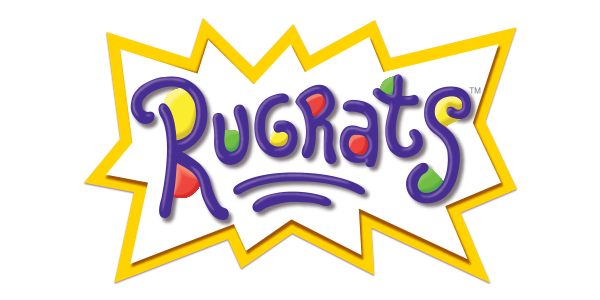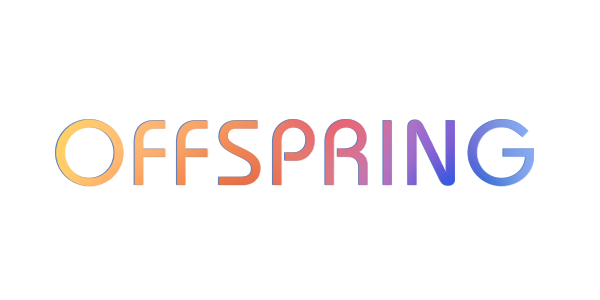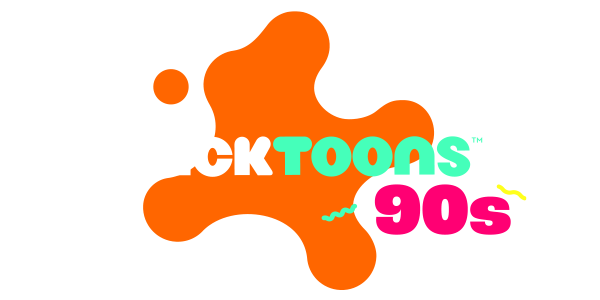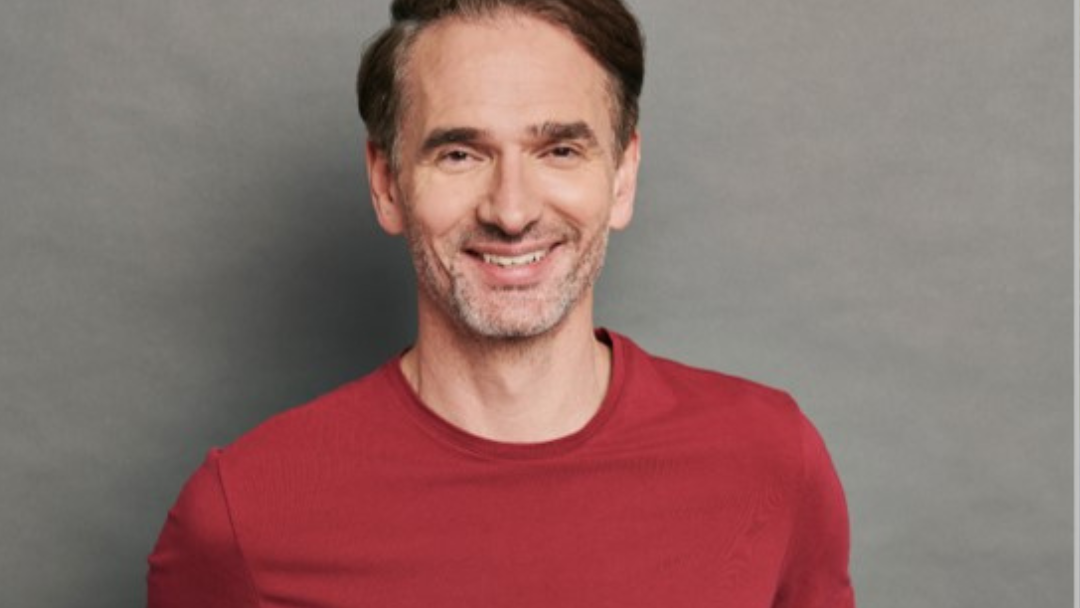In the past, Mirror Mirror has investigated cosmetic surgery and our changing relationship with the internet but now Sampson dives headfirst into the wellness industry, covering a range of trends from detox cleanses to crystal healing, leeches, and psychedelics.
“Mirror Mirror is a series that reflects the world back to us,” Sampson told 10 Play, “Wellness, one of the biggest industries in the world, is filled with a lot of spin and pseudoscience, marketing and goodness [and] I’m a bit of a wellness addict. I’ve tried many things myself, I’ve tried to improve myself in so many different ways. It was personal as well.”
One of the major themes throughout this season of Mirror Mirror is that one of the lingering effects of the COVID-19 pandemic is “continued and growing misinformation and distrust in medical science”. Now more than ever, everyday people are turning to influencers for health and wellbeing advice.
This tweet is unavailable or no longer exists.
Sampson points to Joe Rogan, Gwyneth Paltrow, and Kim Kardashian as the three biggest health influencers right now. Kardashian alone boasts over 364 million followers on Instagram. “The World Health Organisation has 12 [million],” Sampson added.
“Part of Mirror Mirror is to give voices to scientists, to allow them to express their thoughts because the influencers get a disproportionate amount of access.”
With an industry as varied as “wellness”, Sampson said the end goal is also something that shifts from person to person. Throughout the series he meets with a range of people, hearing their stories and what drove them to their particular trend or niche in the wellness space.
“For some people, it’s just about money, many of these companies are just trying to get the maximum amount of profit and many of them are leveraging misinformation, pseudoscience, and most importantly fear,” he explained.
“For others, it’s about followers, it’s about influence… and then, of course, there are those who are genuinely trying to help other people. Many of them are in our film.
“There wasn’t anyone… even in some of the wildest treatments I had, where I thought, ‘Oh you are evil’. I never felt that at all,” he continued. “The majority were good people trying to find their way and they were disenfranchised with Western medicine.”
As he has in the past, Sampson jumps in and gets involved, trying a handful of the experiences himself. During one episode he explains that judging many of these therapies in a “good or bad” binary misses the point.
“There is truth and good and bad in all of it, but my job as the host and writer is to just show you as I experience it. That’s why I do it on the inside. People say, ‘Why do you always have to put your body on the line for these things?’ It’s really the only way to understand it in my mind properly, at least for me,” he said.
This tweet is unavailable or no longer exists.
In one experience, applied kinesiology, Sampson said he left feeling absolutely great. “Everyone was like, ‘Oh it’s not real’… I felt so good afterward,” he said with a chuckle.
“I wouldn’t know that if I looked at it as someone who comes from a science background. If I looked at it objectively I’d go, it’s complete bullshit. But that’s not my experience!
“Unfortunately or fortunately, I don’t know, for me the only way to really understand it is to try.”
But Sampson is quick to point out that the placebo effect is very real. Laying on a bed for two and a half hours where an “expert” talks to him in a loving and warm way cannot compare to being rushed through a 15-minute appointment with a GP.
“You can compare the qualifications, you can question the person doing the two hours — basically acting as a psychologist — if they’re qualified to do that and how dangerous that can be, but you can’t compare the two systems.
“One has a huge advantage! They’ve wrapped it up, the trappings, the marketing, going into these beautiful places. You can’t compare that to going to your GP.”
This tweet is unavailable or no longer exists.
While some wellness trends truly are trying to do some good, Sampson says there’s a real “dystopian nature” to all of this. Especially when it comes to how lucrative the wellness industry can be, which Sampson says is now four times bigger than the pharmaceutical industry. A lot of wellness trends have a prerequisite of wealth, and many are disproportionately targeted at women.
“Is it that the wealthy are healthy and everyone else just dies out? There is something societal in all of that… hence the reason we wanted to cover it. It’s a little scary, it gets a little dystopian.”
Mirror Mirror: Are You Well? Premieres Wednesday, 22 November 7.30pm On 10 And 10 Play





























